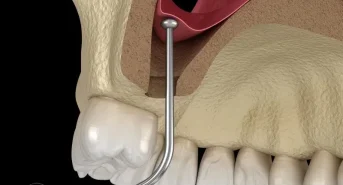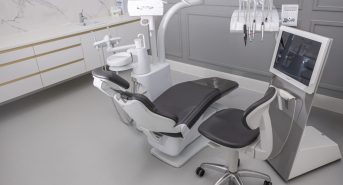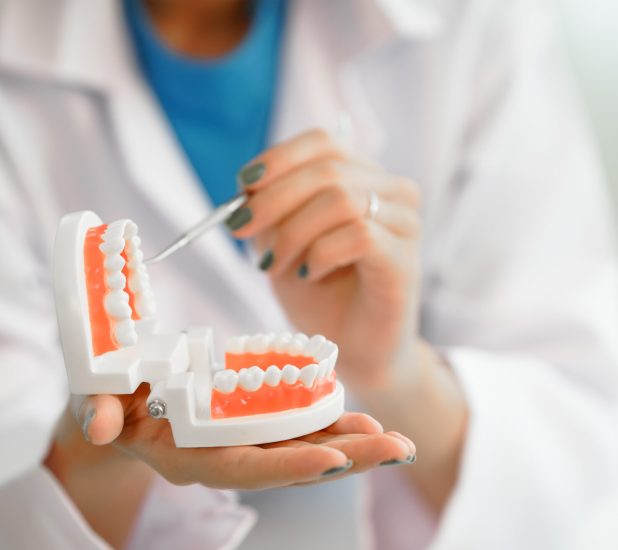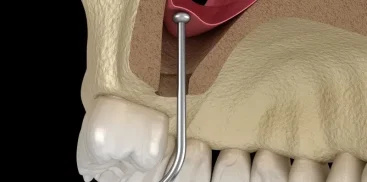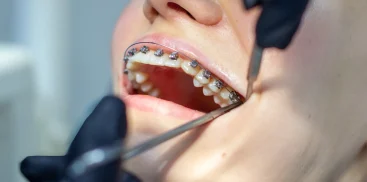Tooth hypersensitivity: symptoms and treatment methods
Tooth sensitivity is an unpleasant problem that can interfere with everyday life and the enjoyment of your favorite foods. What are the symptoms of this condition and what causes it?
Could this pose a threat to oral health? How to properly care for your teeth and gums in case of hypersensitivity and is there anything you can do about it?
Here are some tips!
What is tooth hypersensitivity?
It is an excessive reaction of the nerves in the dentin to various stimuli, such as heat, cold, sweet or sour food and drinks. Although it may have a genetic basis, it is more often acquired.
The reasons include: teeth whitening, enamel damage or gum disease leading to gum recession.
It can affect people of any age, but most often occurs between the ages of 20 and 50.
Symptoms of tooth hypersensitivity
The main symptom is acute pain after eating cold, warm, sweet or sour products. This pain is different from that caused by tooth decay and usually subsides after some time. Hypersensitive teeth react immediately to stimuli.
Causes of tooth hypersensitivity
This may be the result of improper brushing with a hard brush, which leads to damage to the enamel.
Poor hygiene, which can lead to gum disease, can also be a cause. Other factors include improper diet or malocclusion.
What to do if you experience hypersensitivity symptoms?
The key is to change your hygiene habits: using the right toothbrush and brushing technique, and using the right toothpaste. It is also important to avoid products that cause pain and consult a dentist.
Home remedies for hypersensitivity
Avoiding acidic foods, using products that strengthen enamel, and brushing gently can help.
However, sometimes professional treatment is necessary.
Tooth sensitivity: when to visit the dentist?
If symptoms persist, it may indicate serious damage to the enamel or gum problems.
Then a visit to a specialist is necessary indeed. At Warsaw Dental Center, patients can count on the support of experienced dentists.

